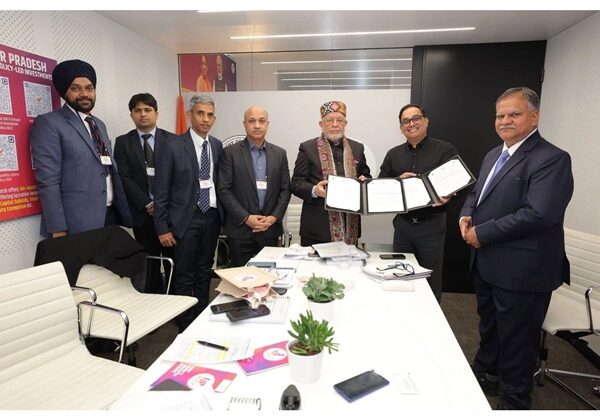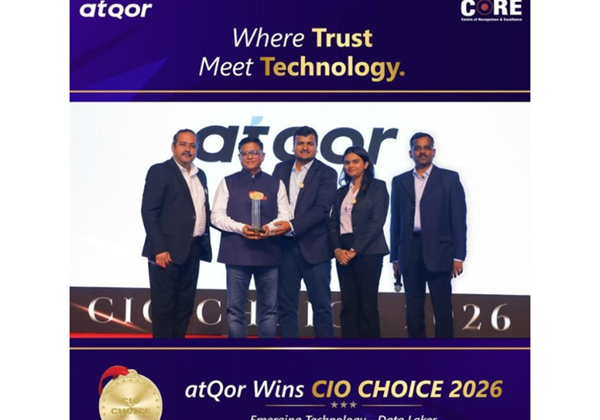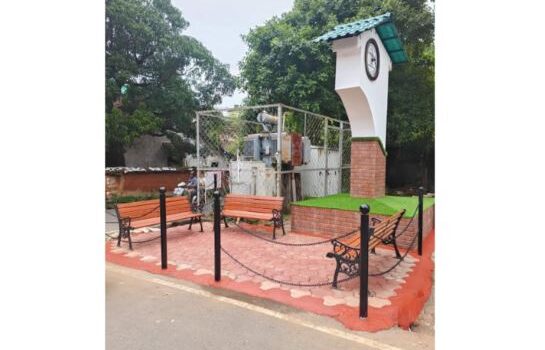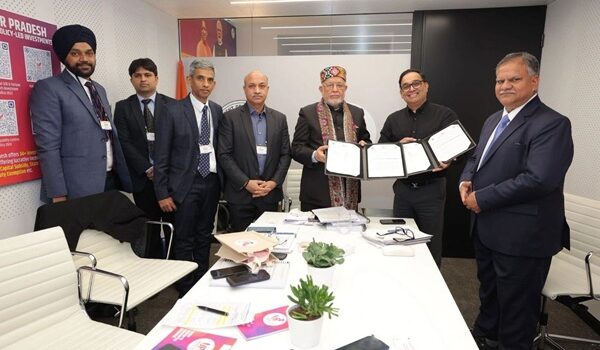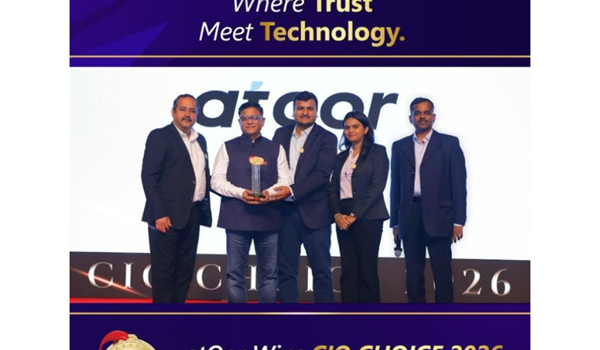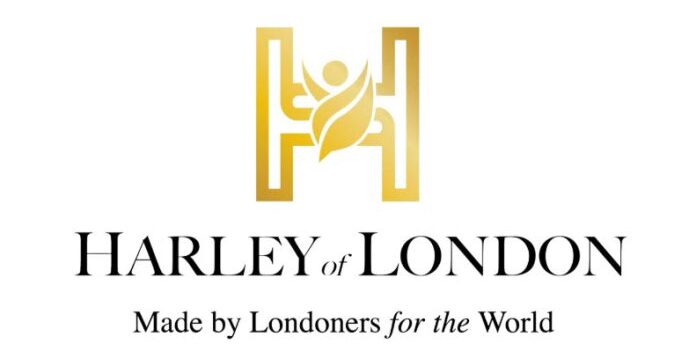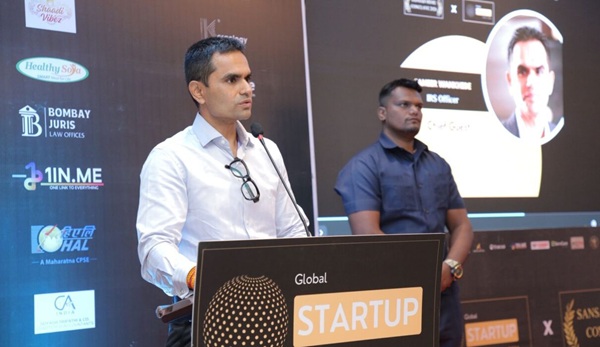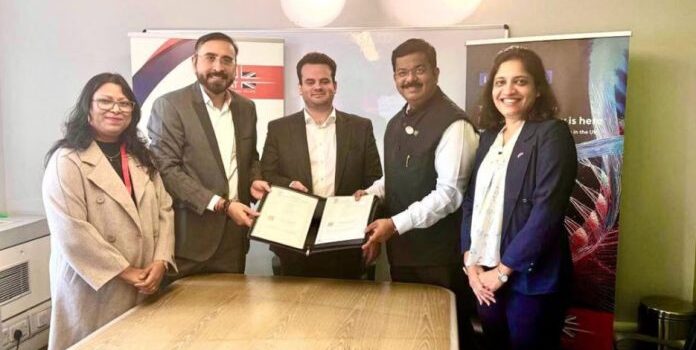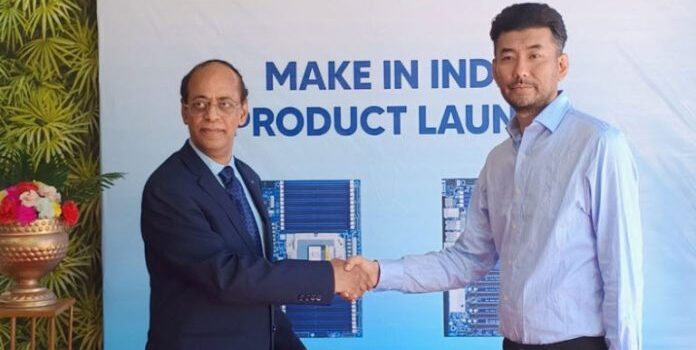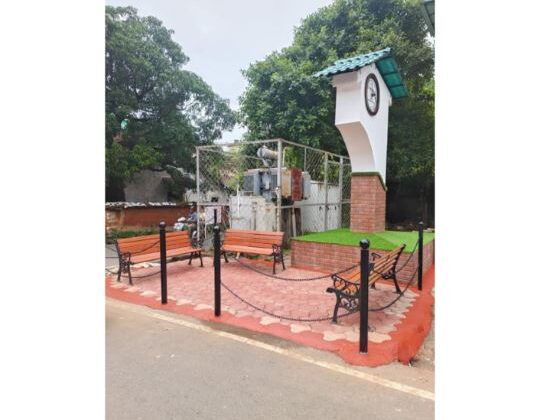
Goa [India], January 30: EP Biocomposites Limited (BSE: 543595) has received a work order on behalf of Goa Tourism Development Corporation Limited for the manufacture, supply, transportation, and installation of 1,000 units of Model IV Premium FRP / Cast Iron Benches.
The total value of the said work order is ₹2,15,00,000/- (Rupees Two Crores Fifteen Lakhs Only), exclusive of applicable taxes. The benches shall be supplied and installed at various designated locations across the State of Goa, in accordance with the terms and conditions of the work order. The project shall be executed within the timelines stipulated under the contract.
The proposed installation of the benches is intended to enhance public seating infrastructure, improve visitor convenience, and provide durable, long-term amenities at tourism and public locations across the State of Goa. The award of the project has been received in the ordinary course of business of the Company.
The Company has previously received and successfully executed similar orders for cast iron benches on behalf of Goa Tourism Development Corporation Limited, including the Manufacture, supply and installation of more than 1700 units pursuant to a work orders since October, 2021. These orders were executed in accordance with contractual specifications and within the stipulated timelines.
We are proud to have been receiving repeat orders & delivering one after the other in time bound fashion.
Commenting on the development, Mr. Rajkumar Kamat, Managing Director said, “the order reflects the Company’s continued involvement in public infrastructure projects and its capability to execute manufacturing, supply and installation assignments in a time-bound manner. The management further noted that the receipt of repeat orders demonstrates continued confidence in the Company’s manufacturing capabilities, execution standards, and operational reliability. The Company remains focused on delivering infrastructure products in accordance with contractual specifications while ensuring quality and timely execution.”
This press release is issued pursuant to the Company’s disclosure under Regulation 30 and other applicable provisions of the Securities and Exchange Board of India (Listing Obligations and Disclosure Requirements) Regulations, 2015, read with SEBI Circular No. SEBI/HO/CFD/CFD-PoD-1/P/CIR/2023/123 dated July 13, 2023, as filed with BSE Limited.
About EP Biocomposites Limited
EP Biocomposites Limited is a Goa-based public limited company engaged in the manufacture and supply of sustainable infrastructure and polymer-based products across India. The Company is part of the EP Kamat Group, which is committed to fostering a clean, green, and safe environment through innovative engineering solutions and environmentally responsible manufacturing practices.
EP Biocomposites’ core product portfolio includes a range of Fibre Reinforced Polymer (FRP) products such as door shutters, frames, laminated doors, biodigester tanks, bio toilets, fire doors, garden benches, fencing and allied FRP solutions for construction, industrial, and infrastructure applications. The Company also provides sanitation and wastewater solutions, including bio-digester toilets, sewage treatment plants (STP) and effluent treatment plants (ETP) that support efficient waste management and water reuse strategies for residential, commercial, institutional, and government projects.
Driven by quality standards and environmental responsibility, EP Biocomposites designs its products for durability, low maintenance, and reduced environmental impact, aligning with modern sustainability principles. The Company’s offerings contribute to enhanced public infrastructure, cleaner sanitation systems, and efficient water treatment solutions across diverse segments in India.

